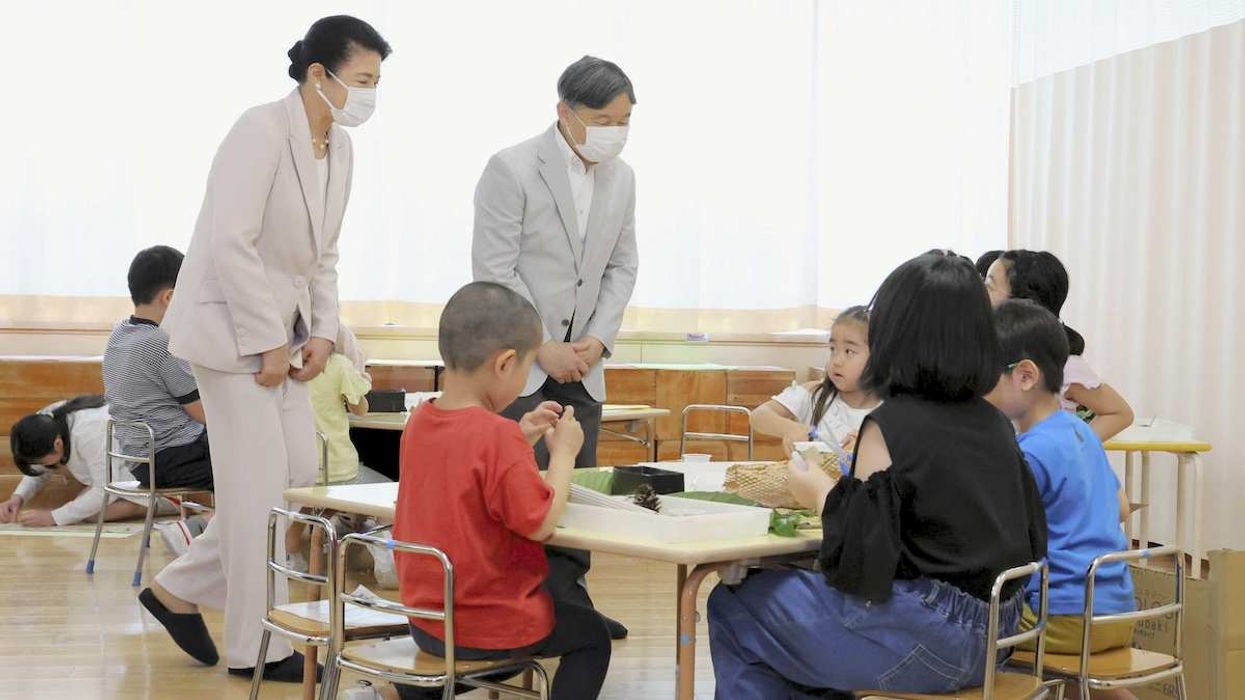Incumbents have lost ground but held onto power in elections in British Columbia and Saskatchewan.
British Columbians learned Monday that the left-leaning New Democrats would likely form a majority government, after 10 days of uncertainty while the ballots were counted. On election night, the NDP was ahead of the Conservatives by one seat, but two of the ridings were within the 100-vote margin that required judicial recounts. After the counting was done, the NDP was two seats ahead. Although some online trolls spread falsehoods about wrongdoing, the Conservatives acknowledged that the NDP had won.
In Saskatchewan on Tuesday morning, after a night of ballot counting, Saskatchewan voters learned that the incumbent, right-leaning Saskatchewan Party had won a smaller majority.
As in B.C., voters gave the incumbents a haircut, but they hung on.
Last week, the New Brunswick Liberals defeated an unpopular Progressive Conservative government, electing that province’s first female premier in spite of the fact that the federal Liberal party is polling terribly.
In Nova Scotia, the middle-of-the-road incumbent Progressive Conservatives called a snap election on Sunday, hoping to win a stronger majority government, which the polls suggest they will do.
The Ontario Progressive Conservatives, who have just sent $200 checks to everyone in the province, are expected to go next, like their Nova Scotian colleagues, seeking to get out ahead of a possible federal election, which might change the political climate
Overall, the results suggest the anti-incumbent mood linked to the cost-of-living crisis may be ebbing somewhat as the economy improves.



















